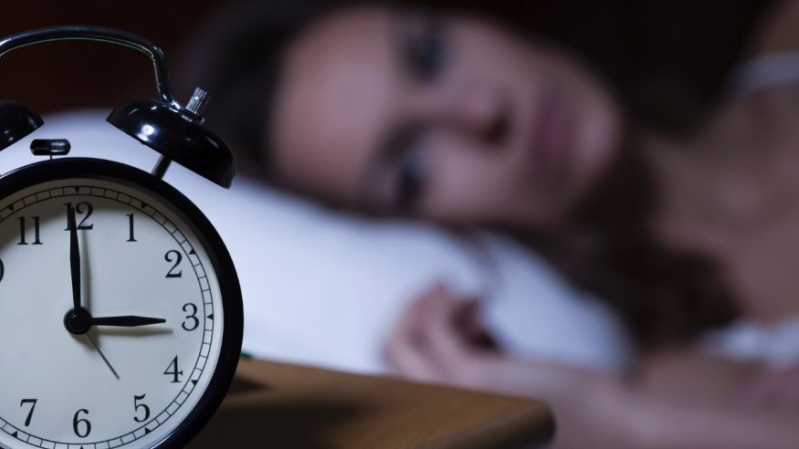
The start of daylight saving time is on Sunday, March 13 at 2:00 am (PST). This means the time will "spring forward" an hour to add more daylight to our days -- but also lose a precious hour of our sleep. Now, here's what you need to know about daylight savings time history and health tips.
Daylight savings time can affect people's circadian rhythms (sleep/wake cycle). A small disruption in this system can result to fewer hours of sleep. Studies show lack of sleep can lead to irritability and lack of focus. In addition, severe sleep loss results to weaker immune system and a host of health problems.
Before we give tips on how to manage the start of daylight savings time, let's check out its history.
The idea originally came from saving candle wax. During 18th century, while visiting Paris, Benjamin Franklin realized he was sleeping through some daylight hours. He suggested to French officials to shoot cannons at sunrise to wake people out of their bed. By doing that, they could reduce the use of candles, according to David Prerau, the author of Seize the Daylight.
Cutting energy consumption is one of the primary reasons of daylight saving time.
Furthermore, extra day light means more time so spend money. Also, this means more gasoline consumption. An Association for Convenience and Fuel Retailing report from 2010 found that the extended daylight added more than $1 billion in annual sales of gasoline.
Additionally, a 2008 study conducted by Department of Energy found that the extended daylight during 2005 saved about 0.5 percent in total electricity use per day.
While there are tons of economic benefits during daylight saving time, it could produce negative health effects on people. Here are some tips on how to deal with daylight saving time.
1. Cut off caffeine - late-afternoon coffee breaks may contribute to longer waking hours. In order to get a good night's sleep, experts say you should eliminate caffeine intake for at least six hours before bedtime.
2. Exercise - a physical activity is a good way to prepare your body for rest when the end of the day arrives. . It is recommended that you do not exercise within two hours of bedtime because it may stimulate your body and brain, delaying the sleep process.
3. Stick to a sleep schedule - bedtime routine is important to keep the sleep/wake cycle stable. Your body responds to cues, so is important to maintain a consistent sleep schedule.







